10 toxic Christmas plants for pets – keep them safe throughout the holidays
Poinsettia and mistletoe are just two toxic Christmas plants that can be harmful to cats and dogs. Keep pets safe this holiday season and watch out for these toxic festive trees and florals.


Is there anything nicer than decking the halls at this time of year, tying boughs of holly and ivy to the staircase and pinning mistletoe hopefully in every doorway?
If your house is already decked out with pet-friendly houseplants but come Christmastime you want to add a little more color via a classic poinsettia plant or a little mistletoe, you'll have to reconsider your options. Because what may give us joy, and a Christmas kiss or two if we’re lucky, could bring bad tidings to our pets as our favorite festive flora can be extremely harmful to our furry friends.
According to the pet insurance experts at money.co.uk, there are as many as 10 Christmas and winter plants that can be extremely toxic to animals – including the tree...
The 10 most toxic winter plants for animals are:
It is vital to take precautions to ensure they are not nibbled on by hungry puppies and curious cats. And if any of them do start showing symptoms that indicate they’ve eaten Christmas food that is dangerous for pets, be ready to contact the vet immediately.
1. Poinsettia
We’ve got a seasonal soft spot for every nana's favorite – the traditional, if tricky to care for, poinsettia. They are famous for their cheerful scarlet leaves, but these red petals contain a milky white sap which contains a chemical that can cause nausea, vomiting, drooling and diarrhoea, and also irritation in the skin, mouth and oesophagus.
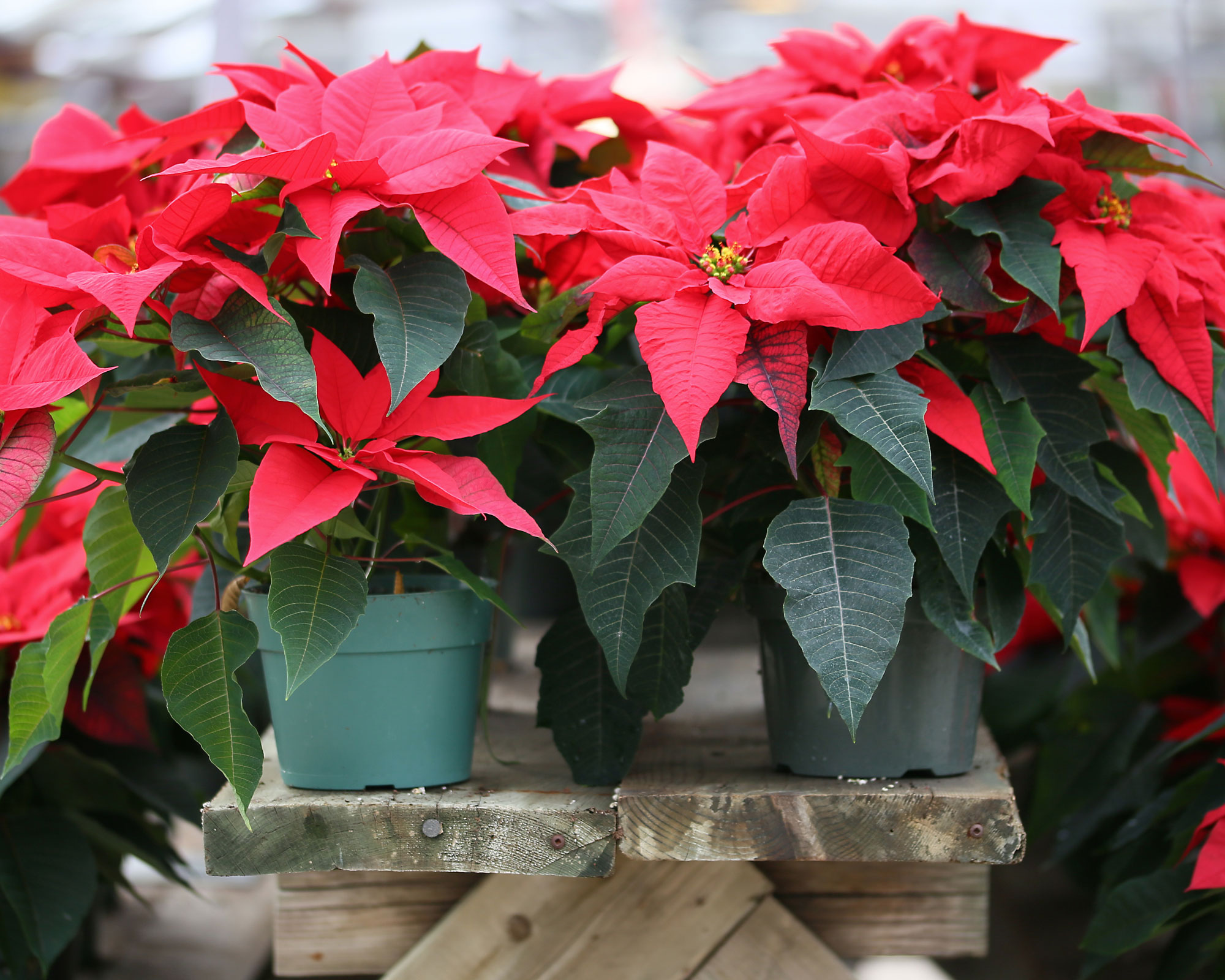
2. Holly
If the berries or spiked-edge leaves from a holly plant are ingested, this can irritate their mouths, lead to drooling, vomiting and diarrhoea. It may also cause excessive head-shaking if consumed in large quantities.
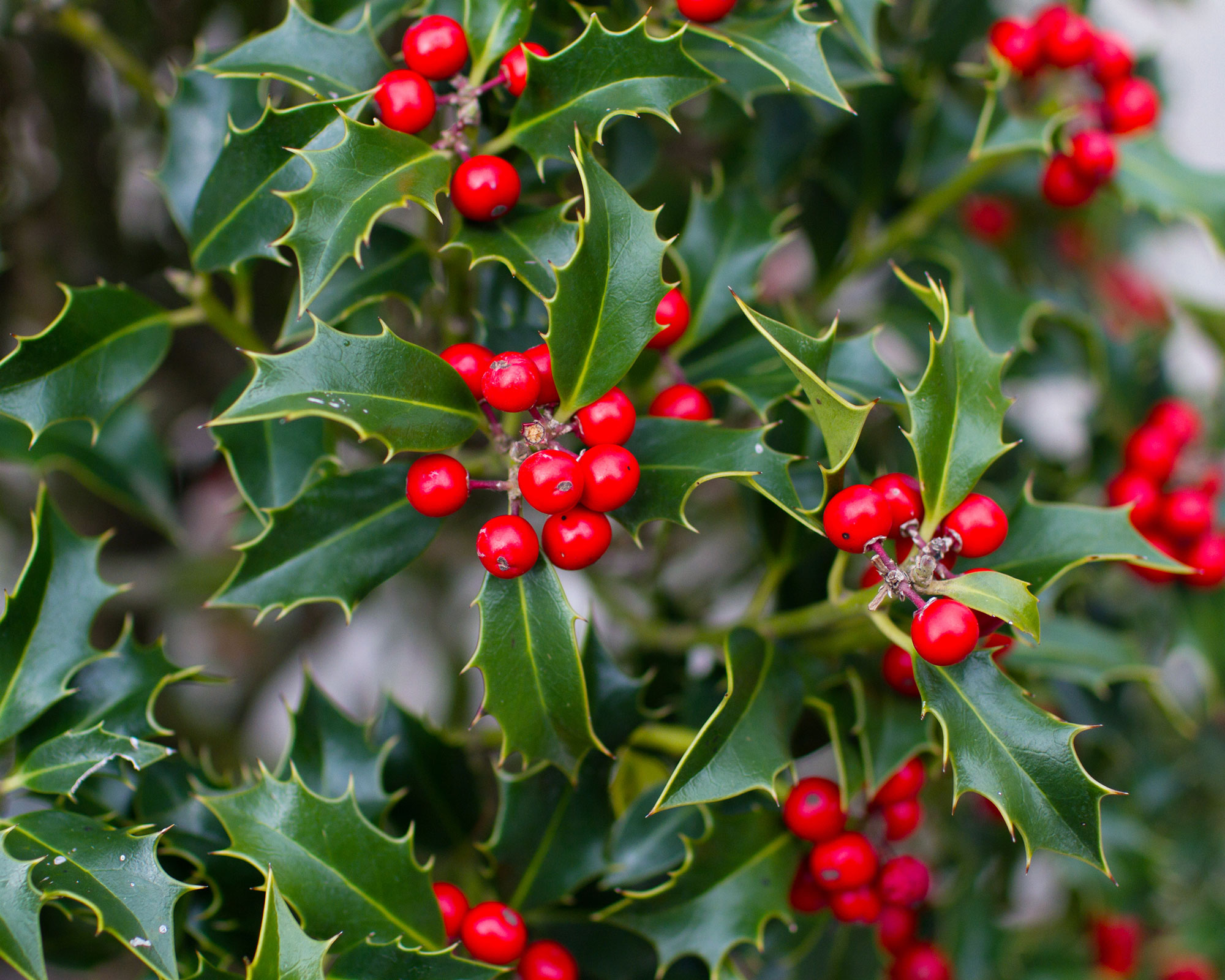
3. Mistletoe
The iconic white berries of mistletoe contain chemicals including polysaccharides, alkaloids, and lectins which are harmful to both dogs and cats. When ingested in small quantities, it can cause vomiting and abdominal pain. Consumed in large quantities, it may cause abnormal heart rate, low blood pressure and incoordination or ataxia.
Get small space home decor ideas, celeb inspiration, DIY tips and more, straight to your inbox!
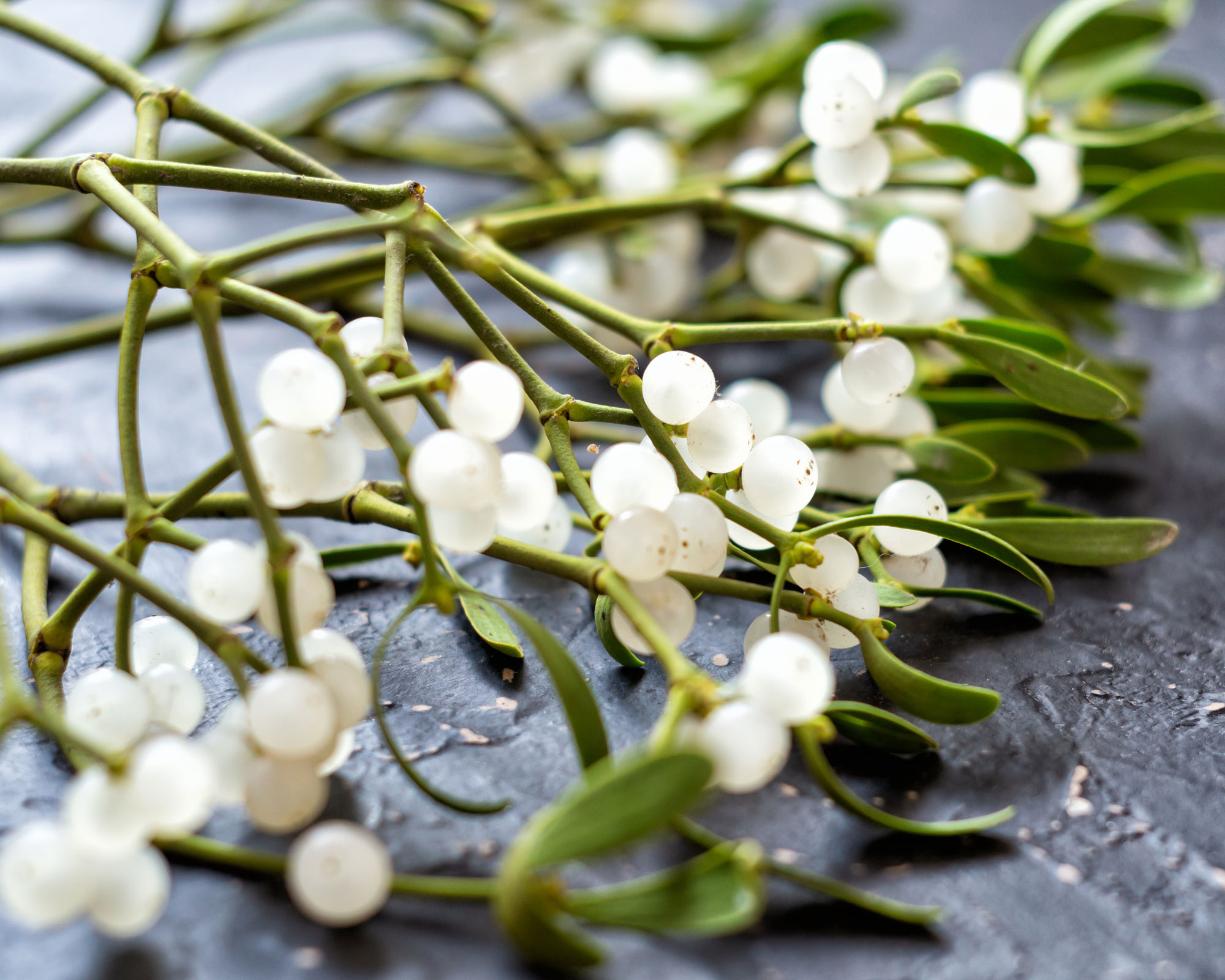
4. Yew
Yew boughs have been used for festive decorations for centuries. But all parts of this plant, (including the leaves and berries) are highly poisonous as they contain taxines. When ingested they can cause vomiting, weakness, breathing difficulties and in critical cases, life-threatening changes in heart rate and blood pressure.
5. Christmas trees
If the pine needles from trees are chewed, the oils released may cause irritation in the mouth as well as stomach upset. Due to the prickly nature of the needles, these could also be hazardous to the mouth, throat and stomach if ingested.
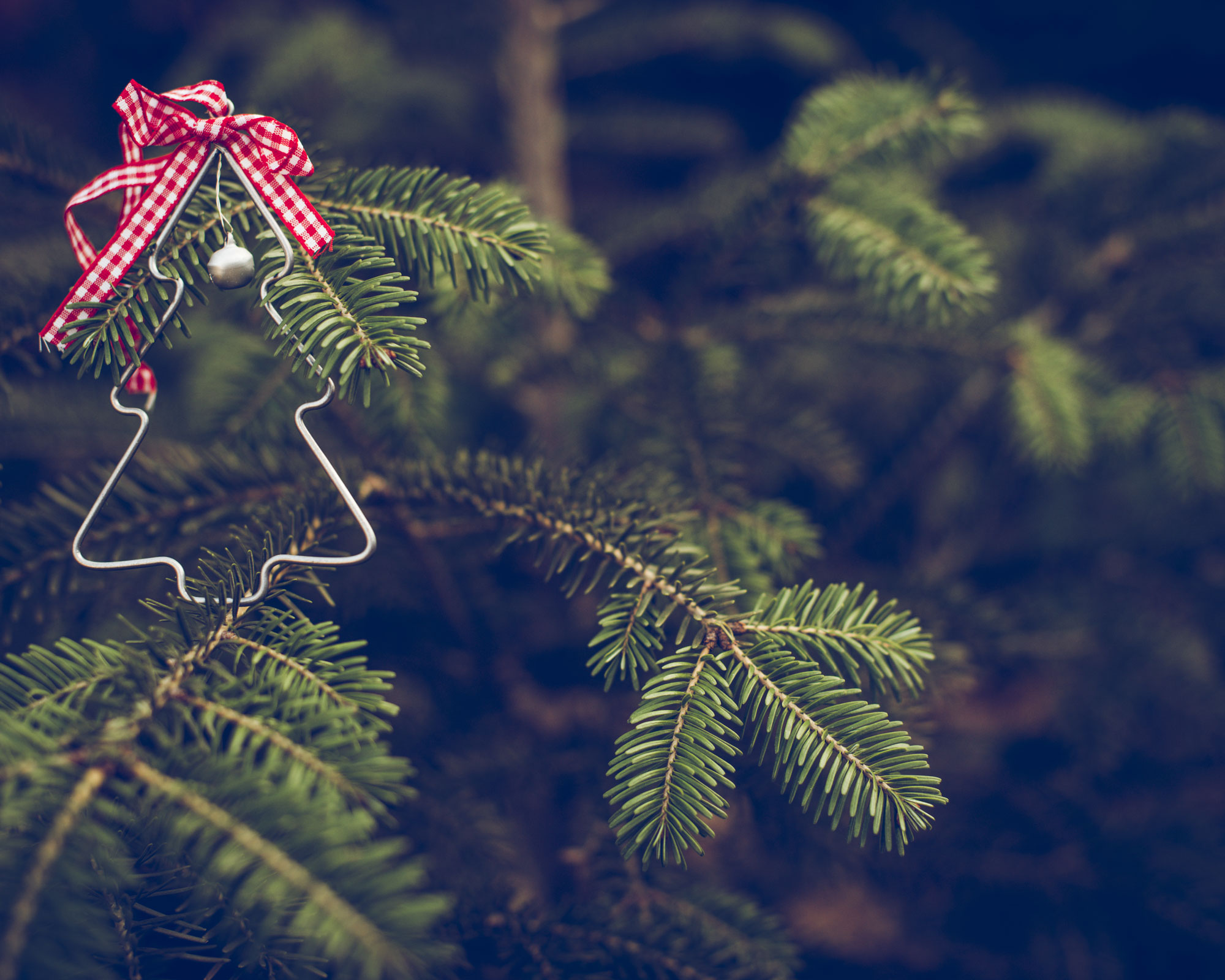
6. Ivy (Hedera species)
The ivy wreathed round bannisters or across tables and mantlepieces can cause severe skin irritation if pets come into direct contact with this plant. If ingested, ivy can also cause stomach upsets.
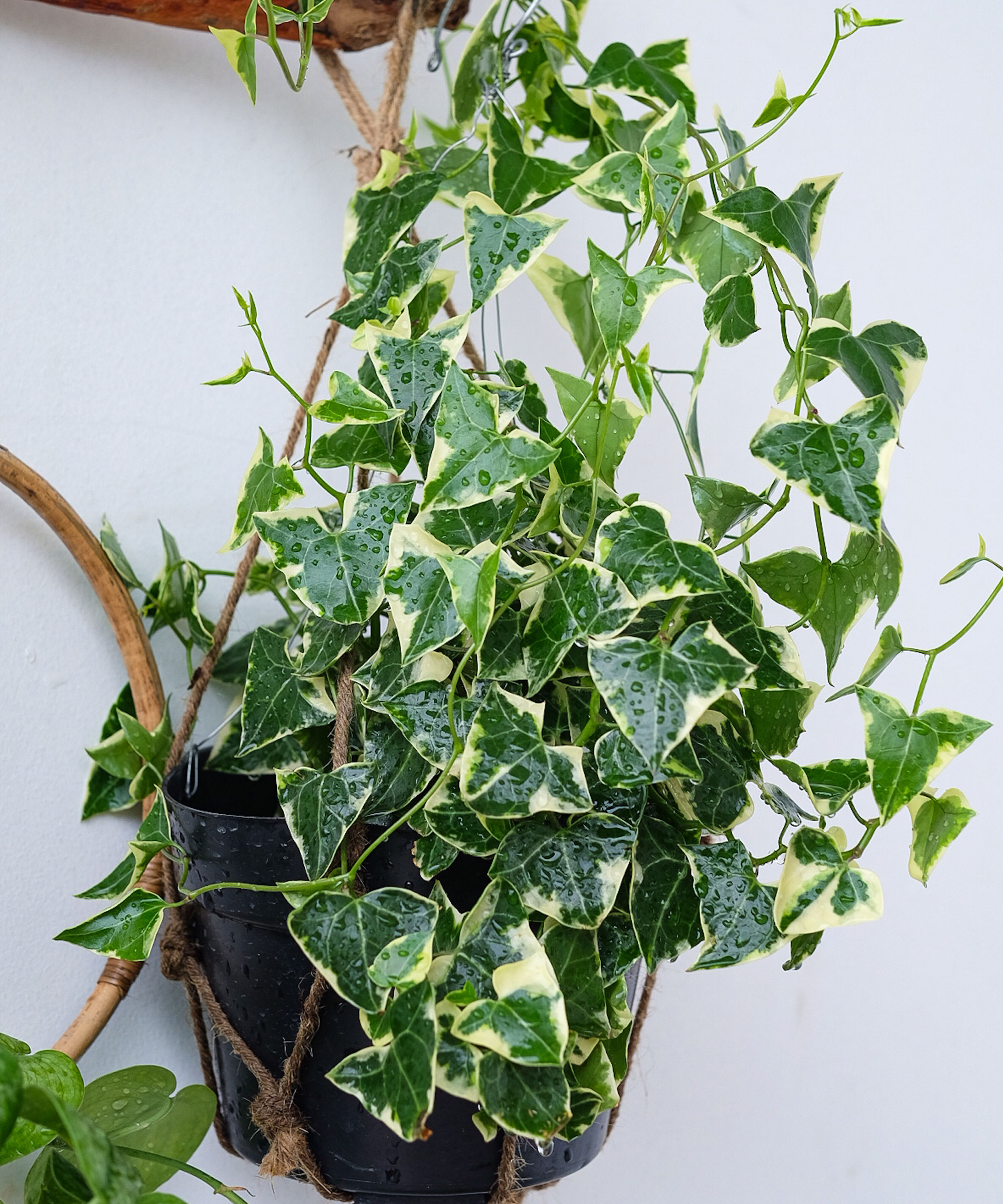
7. Amaryllis
These make a great gift for plant lovers, but the whole amaryllis plant contains toxic substances. The higher quantities are contained in the bulb, so be careful of pets who like to dig. If eaten they can lead to vomiting and abdominal pain, loss of appetite, lethargy and tremors.
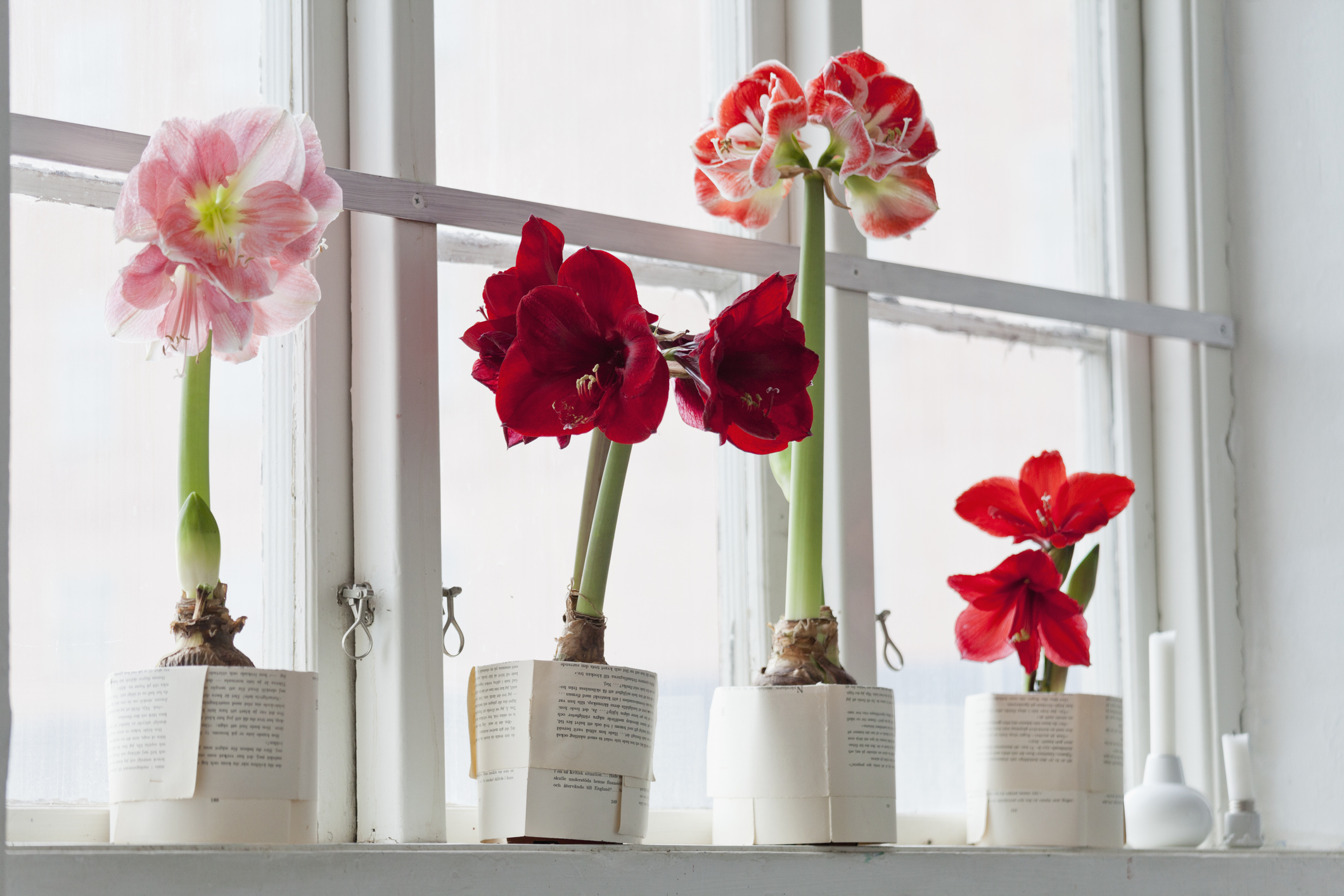
8. Lillies
Beautiful to look at and to smell, but extremely dangerous to both cats and dogs, if any part of a lily is swallowed, even in small quantities, this could cause severe gastrointestinal damage, which may lead to kidney failure for cats.
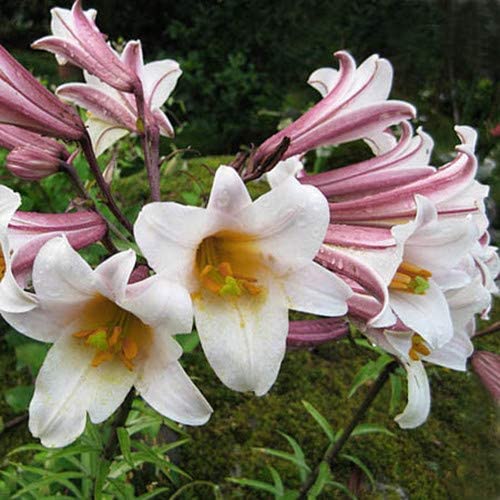
9. Laurel
Bay laurels are safe for humans to use in cooking and often used to flavor food, but this and cherry laurel, contain toxins located in all parts of the shrub which cause vomiting, abdominal pain, hypotension and in extreme cases, muscle weakness and even seizures in animals.
10. Snowdrops
These delicate white flowers are the first sign that winter is ending and spring is coming. However, as fragile as and innocent as they may seem, they contain toxins in their stems and leaves, with the highest concentration in the bulb. If ingested, they can cause abdominal pain, vomiting, incoordination as well as a drop in heart rate and blood pressure.
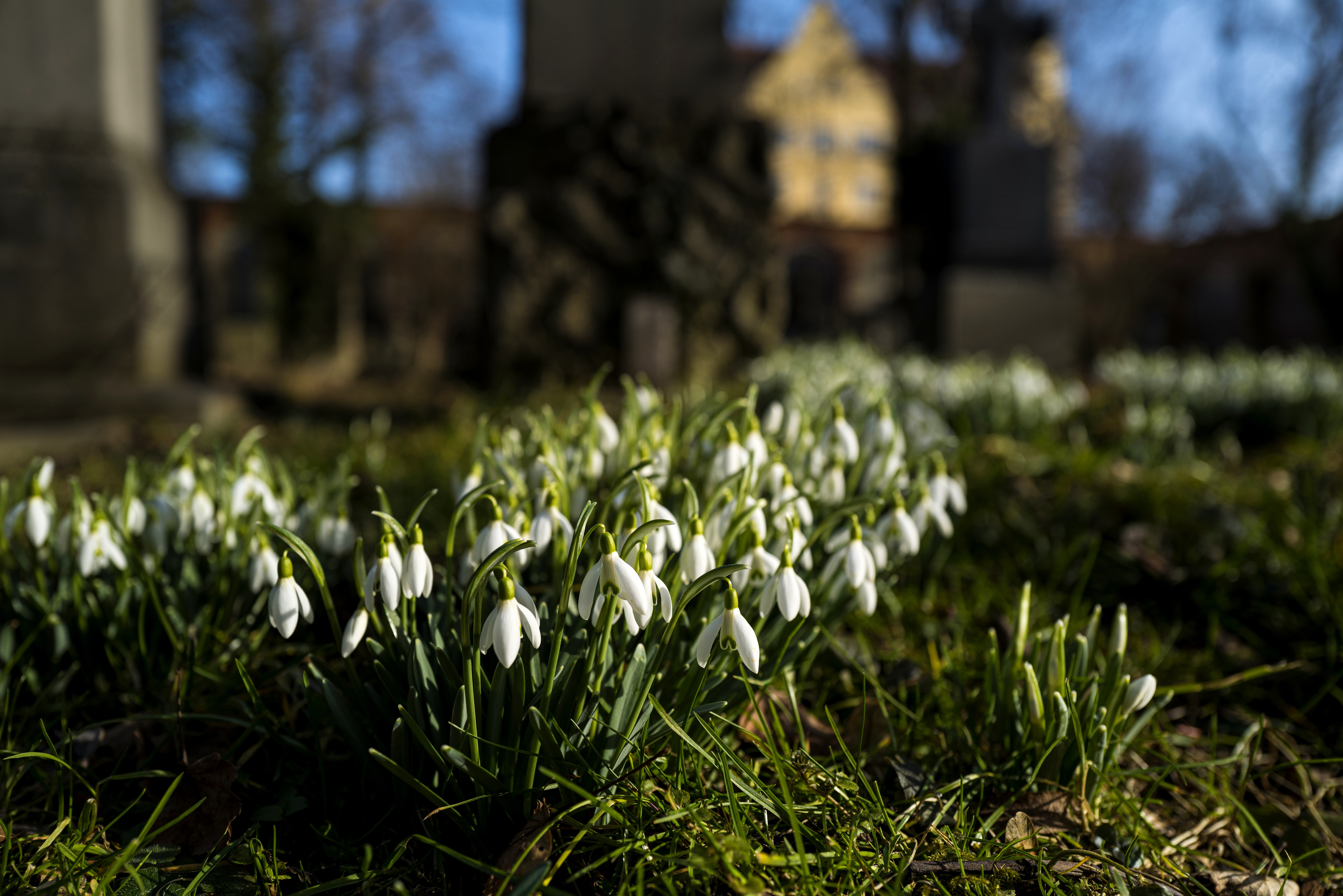
If you still want to include traditional Christmas decor in your home for the holidays, Salman Haqqi, the pet insurance expert from money.co.uk, says it is possible – but be aware of the dangers!
'Pets are often curious creatures and can be found chewing anything around the house, especially at a young age. While decorative plants can add a bit of a life to your interior during winter, it’s important to remember that these could present problems if consumed by your furry family members.'
'Placing plants out of reach or adding barriers to ensure pets don’t come into contact with them will help to ensure that pets do not ingest them. If your four-legged friend does consume a toxic house plant, it’s important to seek expert help and advice from your vet as soon as possible.’
But for a full on festive display that will keep your pets safe, go for faux Christmas plants and alternative Christmas trees. There are lots of realistic artificial options out there which your pet can be around without fear of doing them harm. Plus, you can reuse them year after year. And if you are gifting greenery to people you know have animals, be sure to choose varieties that are pet friendly.
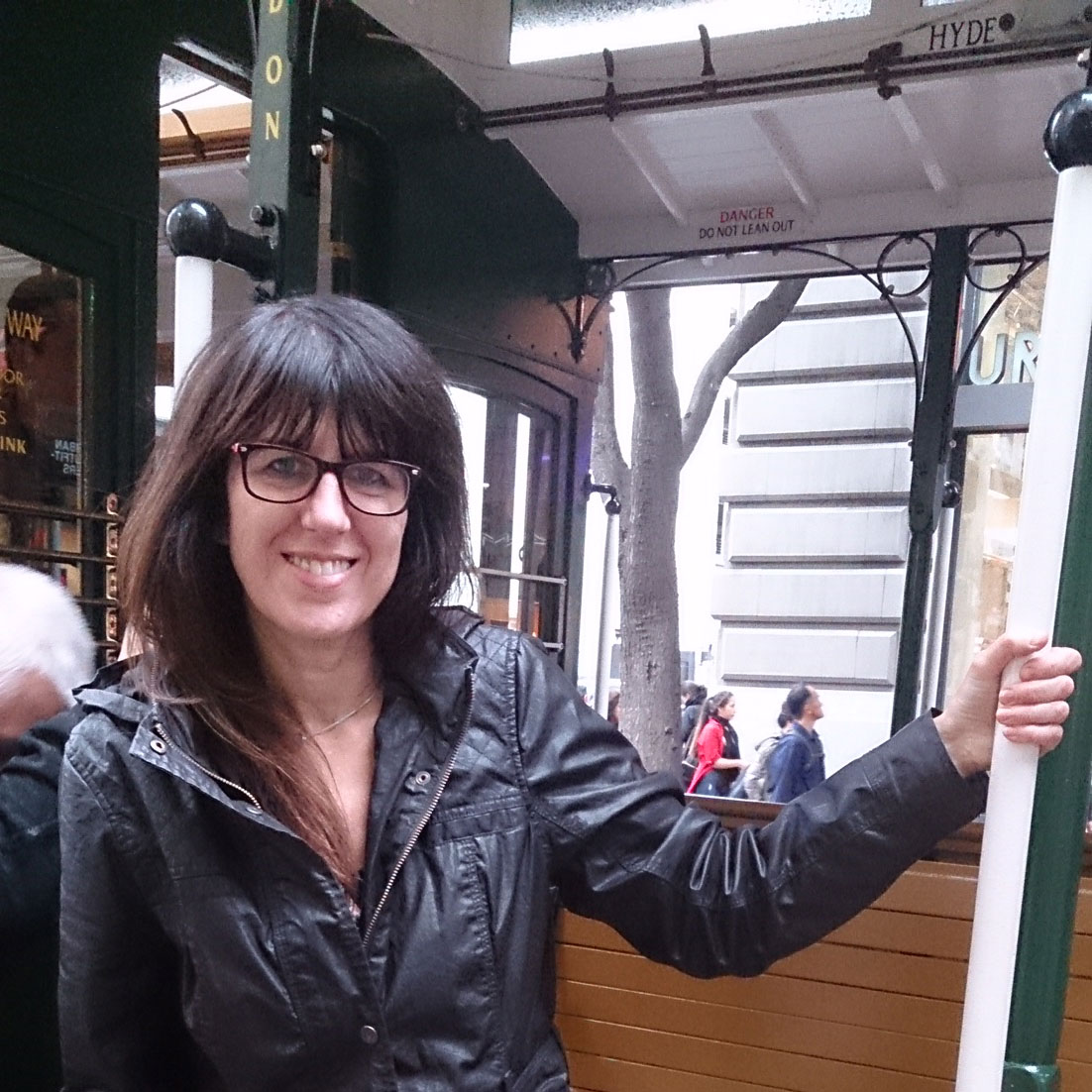
Alison is Assistant Editor on Real Homes magazine. She previously worked on national newspapers, in later years as a film critic and has also written on property, fashion and lifestyle. Having recently purchased a Victorian property in severe need of some updating, much of her time is spent solving the usual issues renovators encounter.